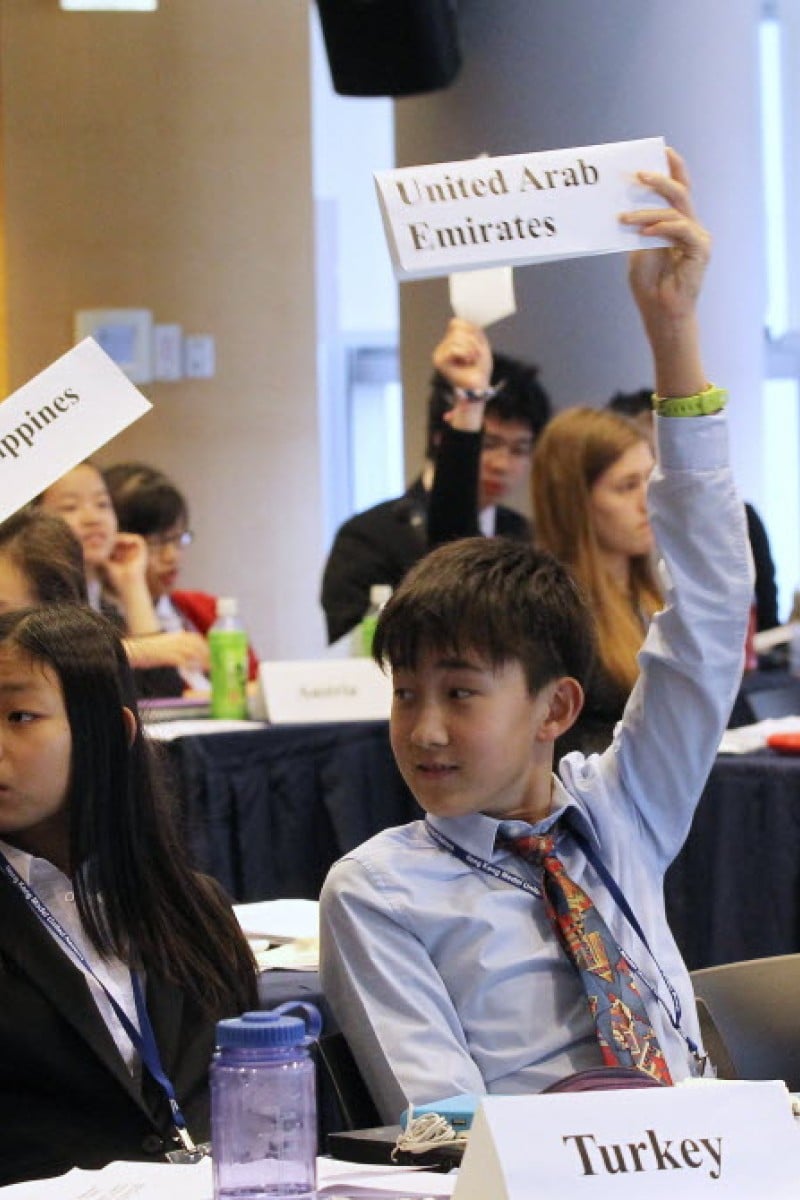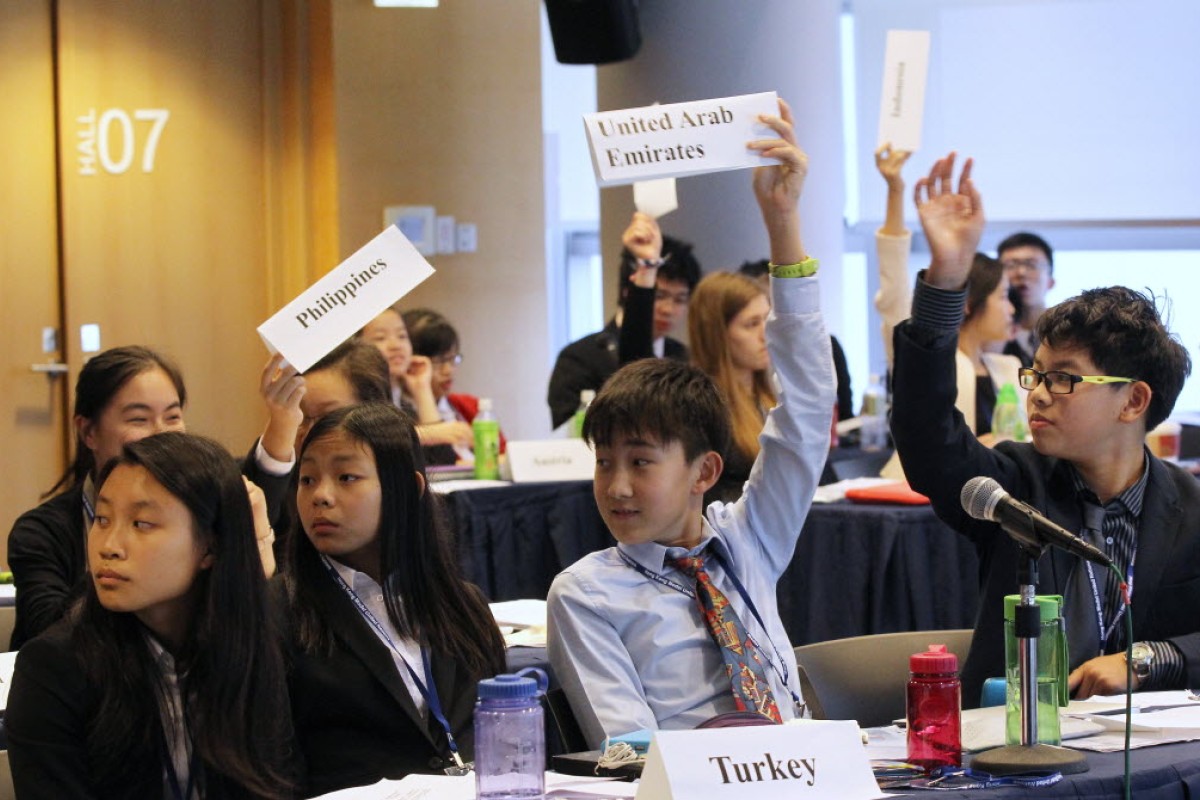
Model United Nations 101: everything you need to know about HKMUN
If you don’t know what MUN stands for, and you’re too afraid to ask, then read on
 The Model United Nations is designed to act just like the real thing.
The Model United Nations is designed to act just like the real thing. Everyone knows about debating and other forms of public speaking; they are the backbone of any secondary school’s rhetoric programmes. But, the more time you spend with public speakers in school, the more you will probably hear the acronym “MUN” being thrown around. What do these letters stand for?
MUN stands for “Model United Nations”. As the name implies, it is meant to simulate or model the actual UN. In most cases, that means representing a country and its positions in a made-up General Assembly, where the UN member nations meet to discuss global issues such as human rights, wars, and other matters of foreign relations. Each representative will research what their country stands for, and try to defend it in debate with other representatives. They have to work with their allied countries to draft and introduce resolutions; afterwards, the resolutions will be debated by the different countries and voted upon by the entire assembly. In the real UN, passing a resolution can be key to resolving international conflicts without taking extreme measures, like war.
Don’t worry if this sounds a bit complicated – even to someone who knows the UN or MUN very thoroughly, it can still be a bit overwhelming. While MUN can cover a huge range of topics and committees (this year’s HKMUN features the Arab League and the International Court of Justice, to name but two), there are some basic skills and habits you can pick up no matter what debate you end up in.
Know your current events
Keeping up to date with what’s going on in the world around you is very important. This is true for your school exams and real life, as well as when you’ve been assigned a country you’ve never even heard of in an MUN conference. If you go into a conference already with some background knowledge of global issues, you will have a head start in terms of research and would be able to save precious time. Knowledge is power. The more you are aware of what’s happening in society, the more power you have to take action and change things you think can be done better.
Be confident
A large part of public speaking is confidence. Facts and research are essential, but confidence elevates your speaking to another level. In MUN, nobody expects you to know the country as if you’re from there. A lot of the time you’re speaking from minimal notes, but if you speak confidently and eloquently enough on a topic, you will get your message across in a more convincing and coherent way.
People skills
Great people skills are integral for succeeding at MUN. That’s the case not just when you’re communicating your country’s standpoint to other representatives through giving speeches – you need them for when you have to work with your allies to try to draft a resolution. You also need a great deal of flexibility and compromise to reach an agreement between different countries, just like in the real world. MUN is unlike debate in that it isn’t merely about scoring points off your opponents; the aim of giving a speech and interrogating your opponents is to see if a middle ground can be found on an issue.
Just do it
There’s no better way to get into MUN than to just jump in and sign up for a real MUN conference. While many schools have clubs or public speaking classes devoted to MUN and debate, these are not necessary to participate in an MUN conference. If you’re still not sure, you can sign up to be part of a conference’s “press corps”, which is made up of people who will cover the meeting as journalists – a sort of mock group of UN correspondents.
While not an exhaustive article on MUN, we hope that this article makes MUN interesting and less daunting to you. Even if you go to a school without an MUN programme, HKMUN and other local conferences are always open to accepting applications from individual students who want to take part. All you need is some knowledge and research, a splash of confidence, and a bit of courage to take the leap.
Edited by Ginny Wong
